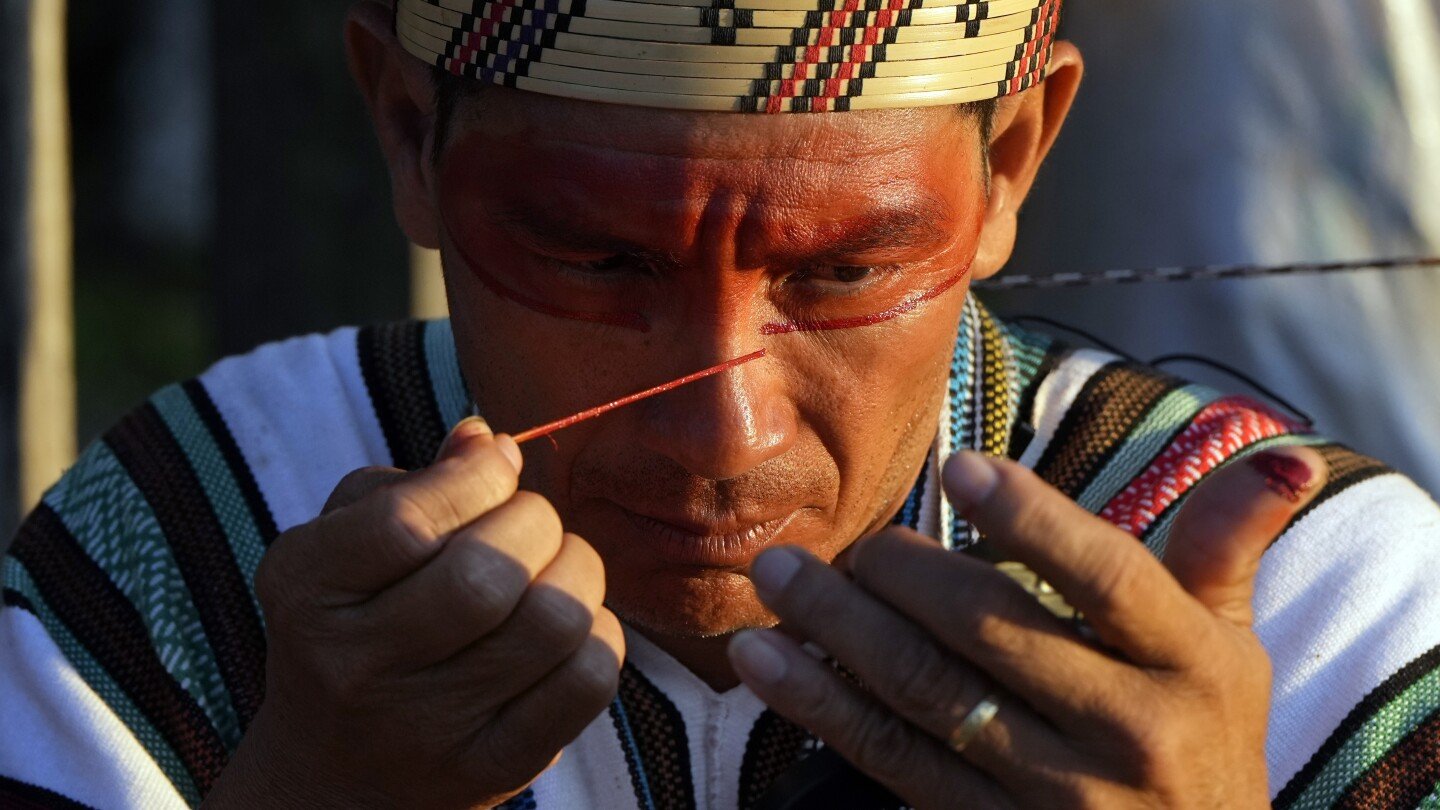What was once a gathering to commemorate the Ashaninka has evolved into a showcase of what they have done: the village’s self-sufficiency, which comes from growing crops and protecting its forest, is now a model for an ambitious project to help 12 Indigenous territories in western Amazon, amounting to 640,000 hectares (1.6 million acres), about the size of the U.S. state of Delaware.
In November, the Organization of Indigenous People of the Jurua River, known by the Portuguese acronym OPIRJ, secured $6.8 million in support from the Amazon Fund, the world’s largest initiative to combat rainforest deforestation. With Apiwtxa as the model, the grant is geared toward improving Indigenous land management with an emphasis on food production, cultural strengthening and forest surveillance.



Associated Press - News Source Context (Click to view Full Report)
Information for Associated Press:
Search topics on Ground.News
https://apnews.com/article/brazil-indigenous-amazon-reforestation-ashaninka-climate-8f1311d0f1febc1125511b3c1662aaea
Media Bias Fact Check | bot support